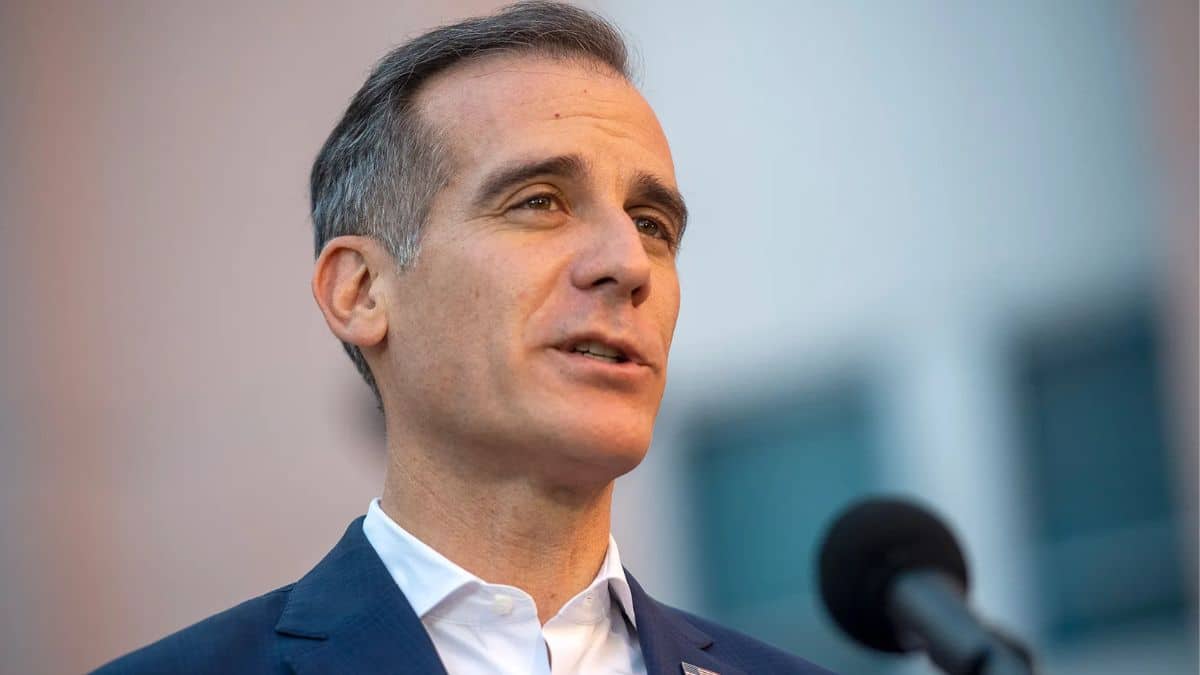The United States has expressed concerns over the recent India-Iran Chabahar port deal, referring to terrorism risks associated with Iran. U.S. Ambassador to India, Eric Garcetti, emphasized the potential dangers during a recent interview with India Today.
Garcetti pointed out that Iran has a history of exporting terrorism, affecting not only the Middle East but other regions as well. “We know that Iran has been a force for terrorism, a force for exporting a lot of bad things,” Garcetti stated. He stressed that countries should be cautious when engaging with Iran due to its direct attacks on other sovereign nations.
The ambassador acknowledged that while the U.S. has sanctions on Iran, there are rare exceptions where strategic interests are considered. However, he urged businesses to be mindful of the risks of interacting with Iran, highlighting the importance of a stable and democratic region that adheres to the rule of law and does not export terrorism. “I think that’s a shared concern,” Garcetti added.
Garcetti mentioned that the U.S. is waiting for further details before making additional comments on the matter.
The India-Iran Chabahar Port Deal
The Chabahar port deal involves India and Iran signing a long-term contract to develop the Shahid Beheshti Port Terminal in Chabahar, a city in southeastern Iran. According to India’s Ministry of External Affairs, this agreement is expected to boost regional connectivity and strengthen India’s links with Afghanistan, Central Asia, and Eurasia.
The contract grants India a 10-year access to use the port, located near Iran’s border with Pakistan. In return, India Ports Global Limited (IPGL) will invest $370 million in strategic equipment and infrastructure development for the port.
Iran’s Ministry of Roads and Urban Development highlighted the deal’s significance in enhancing economic ties and improving transport infrastructure in the region.
It is considered that Chabahar port provides India with an alternative route to Afghanistan and Central Asia, without Pakistan. To strengthen its presence and influence in the region, this agreement is part of India’s broader strategy. However, the U.S.’s concerns over Iran’s role in exporting terrorism add a layer of complexity to the geopolitical dynamics surrounding the port.

